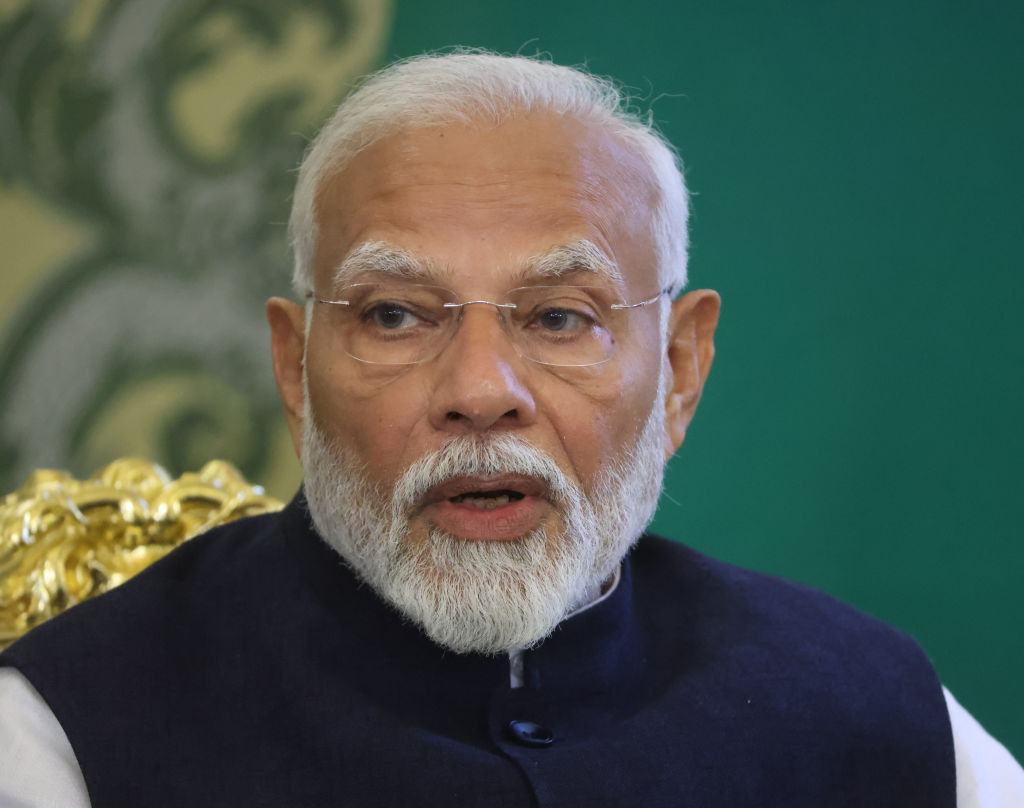Why is Europe shrinking in confidence, in production, in prosperity? Why do citizens from Dublin to Athens feel that their lives are harder than they ought to be? One need not search far for the answer. The European Union has lost sight of its mission. Rather than securing competitiveness and lifting the living standards of its existing members, the Brussels establishment is mesmerised by a single obsession: Perpetual enlargement.
What is more, this week in Copenhagen, President of the Council of the EU, Antonio Costa, will attempt to do what his predecessors have only dared to hint at: Deprive member states of their right to say “no”. Hungary has long resisted Ukraine’s entry into the Union, citing sovereignty, corruption, and that small matter of an ongoing full-scale war. Yet instead of taking these concerns seriously, or at least respecting them, Costa and his allies are plotting ways to neutralise Budapest’s veto.
That veto is not a bureaucratic nuisance. It is one of the last remaining guarantees that smaller or less powerful member states have a genuine say in the Union’s destiny. The principle of unanimity ensures that integration proceeds by consensus, not coercion. Remove it, and the EU ceases to be a union of equals – it becomes an empire of directives, where dissenters are overruled by majority. What Brussels calls “efficiency” is, in reality, the erosion of sovereignty.
The language surrounding enlargement is revealing. It is described as the “most important geopolitical investment” of the decade. But what kind of investment absorbs bankrupt or unstable states while neglecting the prosperity of its own citizens? No business would survive if it chased acquisition after acquisition while ignoring its core operations. Yet this is exactly what the EU is doing.
Enlargement could make sense if it meant bringing in stable, economically sound democracies that contribute to Europe’s collective strength. But Ukraine — and Moldova, which is also in the mix — are neither stable nor economically sound. Especially in Ukraine’s case, the country is fighting a brutal war with no clear end in sight. To call this an “investment” is not merely reckless. It is intentionally blind.
So Hungary, predictably, is the target of scorn for refusing to march in formation. When Budapest insists on cheap Russian gas over expensive imports shipped across the Atlantic, it is vilified. When it questions Ukraine’s readiness for membership, it is accused of sabotage. And when one of its ministers notes that sometimes peace requires painful territorial compromises – drawing on Hungary’s own historical experience – outrage follows.
In fact, it seems that expressing objections to the official line is not allowed anymore. Kyiv’s foreign ministry angrily responded that it would never trade land for peace and that Hungarian advice was unwelcome. Fair enough. But why, then, should Hungarians accept sermons from Ukrainian officials about how they must organise their economy or their foreign policy? Respect must work both ways. It rarely does in today’s Europe.
The hypocrisy does not end there. When Russia hosts tours in occupied areas, Kyiv calls them propaganda. Perhaps they are. But when Ukraine stages its own battlefield visits, the West hails them as truth. It is all a show, carefully choreographed. No opportunity goes wasted. A small projectile fragment damages a couple of roof tiles of the Polish Embassy in Kyiv? Perfect! Let’s seize the chance for grand condemnations and moral posturing. In today’s Union, performance outweighs substance.
The tragedy is that while Brussels is consumed by these theatrics, Europe is falling behind. Industry is in retreat. Energy costs suffocate competitiveness. Innovation lags. Citizens pay more and receive less. Yet the leadership speaks only of “enlargement” as though adding more troubled states to the Union were a substitute for growth.
Europe was meant to be a project of mutual prosperity, a way for nations to become stronger together and to compete with global powers on equal terms. Instead, it has become a stage for hollow symbolism, where unelected officials lecture sovereign governments and where difficult questions about economic decline are drowned out by moral sermons.
Enlargement, in this context, is not really a strategy. It is a distraction. One that conceals Brussels’ inability to deliver real progress for its people – and one that offers the opportunity for the elites to silence annoying voices. Meanwhile, Europeans will continue to feel poorer, weaker and less free, caring increasingly less about being part of the Union. This is the true cost of the Brussels obsession.





Zelensky: Not much of a democrat, is he? Denies Ukraine vote, West does not care